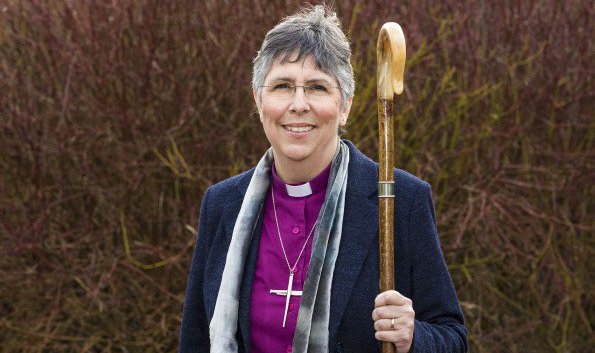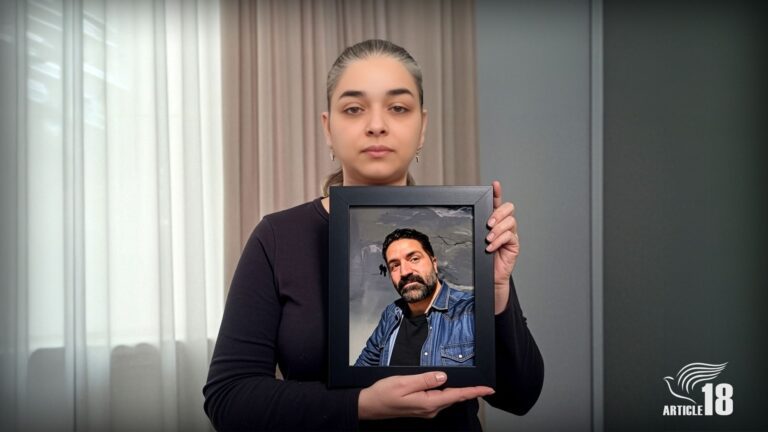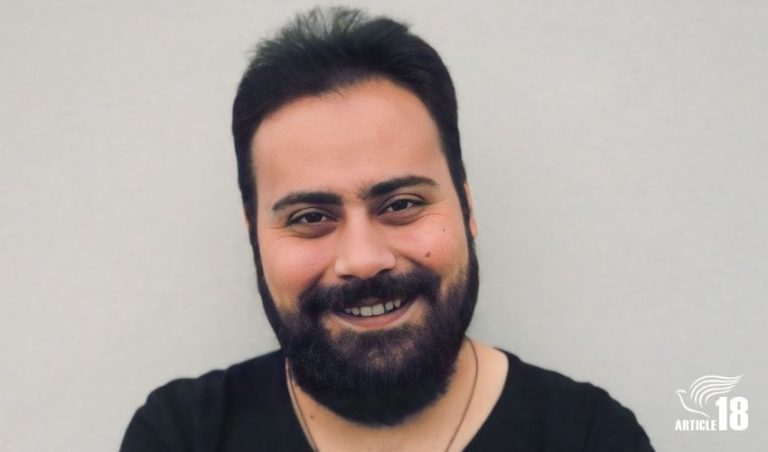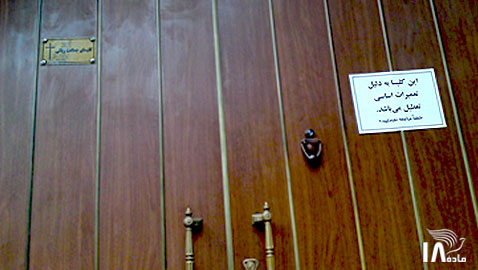An extract from a recent BBC recording from British-Iranian bishop Guli Francis-Dehqani, daughter of the first Persian bishop of Iran and sister of a martyr of the Iranian Church.

(Photo: Diocese of Chelmsford)
My life experiences have compelled me to reflect deeply on the themes of suffering, death and resurrection.
By the time I was born, my father, a Muslim convert, had been ordained and was serving as Bishop of the Anglican Church in Iran.
We lived a somewhat curious life, betwixt and between the worlds of Islam and Christianity, Persian and English, east and west.
This unusual childhood was what I considered normal. It was all I knew, and for the most part my two worlds of school and wider society on one hand, and home and church life on the other, coexisted peaceably, with some occasional overlap.
All that changed as the events leading to the Islamic Revolution of 1979 began to unfold.
At school, I began to be ostracised by friends and teachers, and at home the church was coming under increasing pressure.
Institutions such as hospitals and various schools were forcibly taken over or closed; church offices and the bishop’s house were ransacked; the church’s financial assets were frozen; one of our clergy was found murdered in his study; my father was briefly imprisoned, before an attack on his life, in which he survived but my mother was injured.
The darkest day for us as a family came when I was 13. My older brother, Bahram, was murdered on his way back from work. His car was ambushed and he was shot in the head.
Bahram was 24, a gifted young man full of energy and enthusiasm, with so much to offer his country, his life cut short cruelly.
My father was out of the country for meetings at the time of Bahram’s death, and although no-one was ever brought to justice, we’ve always understood that my brother was targeted because of his association with the Church and because he was his father’s son.
We later learned that he’d been aware of the impending danger, but had refused to flee the country.
Today, both Bahram and Reverend Arastoo Sayyah, who was assassinated in his study, are remembered as martyrs of the Church in Iran and are commemorated in the chapel of modern-day martyrs in Canterbury Cathedral.
After Bahram’s funeral, knowing it wasn’t safe for my father to return, my mother, eldest sister and I joined him in England, assuming we’d be back home within weeks or months.
That wasn’t to be, and arriving here as a refugee, here I still am over 40 years later, now a fully-fledged British citizen.
My father continued working as bishop-in-exile until his retirement. He dedicated the remainder of his life to supporting and encouraging Christians still in Iran; working with Iranians in this country; and writing and translating Christian literature in Persian.
This is a prayer my father wrote after my brother was killed; he dictated the words to my mother over the telephone, and the prayer was read in the original Persian at Bahram’s funeral in Isfahan:
Oh God, we remember not only Bahram, but his murderers.
Not because they killed him in the prime of his youth and made our hearts bleed and our tears flow.
Not because with this savage act, they have brought further disgrace on the name of our country among the civilised nations of the world.
But because, through their crime, we now follow more closely Your footsteps in the way of sacrifice.
The terrible fire of this calamity burns up all selfishness and possessiveness in us.
Its flame reveals the depth of depravity, meanness, and suspicion; the dimension of hatred, and the measure of sinfulness in human nature.
It makes obvious, as never before, our need to trust in Your love, as shown in the Cross of Jesus and his resurrection.
Love that makes us free from all hatred towards our persecutor.
Love which brings patience, forbearance, courage, loyalty, humility, generosity, and greatness of heart.
Love which, more than ever, deepens our trust in God’s final victory and his eternal designs for the Church and for the world.
Love which teaches us how to prepare ourselves to face our own day of death.
Oh God, Bahram’s blood has multiplied the fruit of the Spirit in the soil of our souls.
So when his murderers stand before you on the Day of Judgment, remember the fruit of the Spirit by which they have enriched our lives, and forgive.
I’ve lived with this prayer for most of my life, but it’s only relatively recently that I’ve properly pondered it, trying to appreciate and understand more deeply something of my father’s faith and emotions as he wrote it.
In doing so, it has struck me forcibly that although the words “hope” and “fear” are never used, the prayer is infused with the idea of hope and freedom from fear.
The prayer defines forgiveness as the thing that allows us to trust more completely.
Forgiveness frees us from hatred; helps us to love more completely; and releases us from the fear of our own death.
I wish now that I’d quizzed my father more about this prayer, but it seems to me that, mingled with the pain, it is brimming with positivity.
What he seemed to be saying was that you need pain and suffering to fully comprehend the meaning of hope, and to be free of fear; and the gateway from suffering to hope and fearlessness, from death to new life, is forgiveness. You have to experience anxiety, pain, suffering, hopelessness to truly know what hope is.
Bahram Dehqani-Tafti, my brother, is one of those commemorated in the chapel of modern-day martyrs at the east end of Canterbury Cathedral.
Tertullian famously said: “The blood of the martyrs is the seed of the Church.”
Certainly in Iran, the experience has been that, against all odds, the tiny Church continues to survive.
I remember with gratitude the life of Bahram and so many others who have paid a high price for their faithfulness, and, as I give thanks, I look ahead with hope and expectation that we can be a people who speak out against injustice and suffering at the hands of the powerful; that we can live without fear, knowing that resurrection is stronger than death, that love is stronger than hate.
You can listen to the full recording on the BBC website, available for the next 25 days.



0 Comments